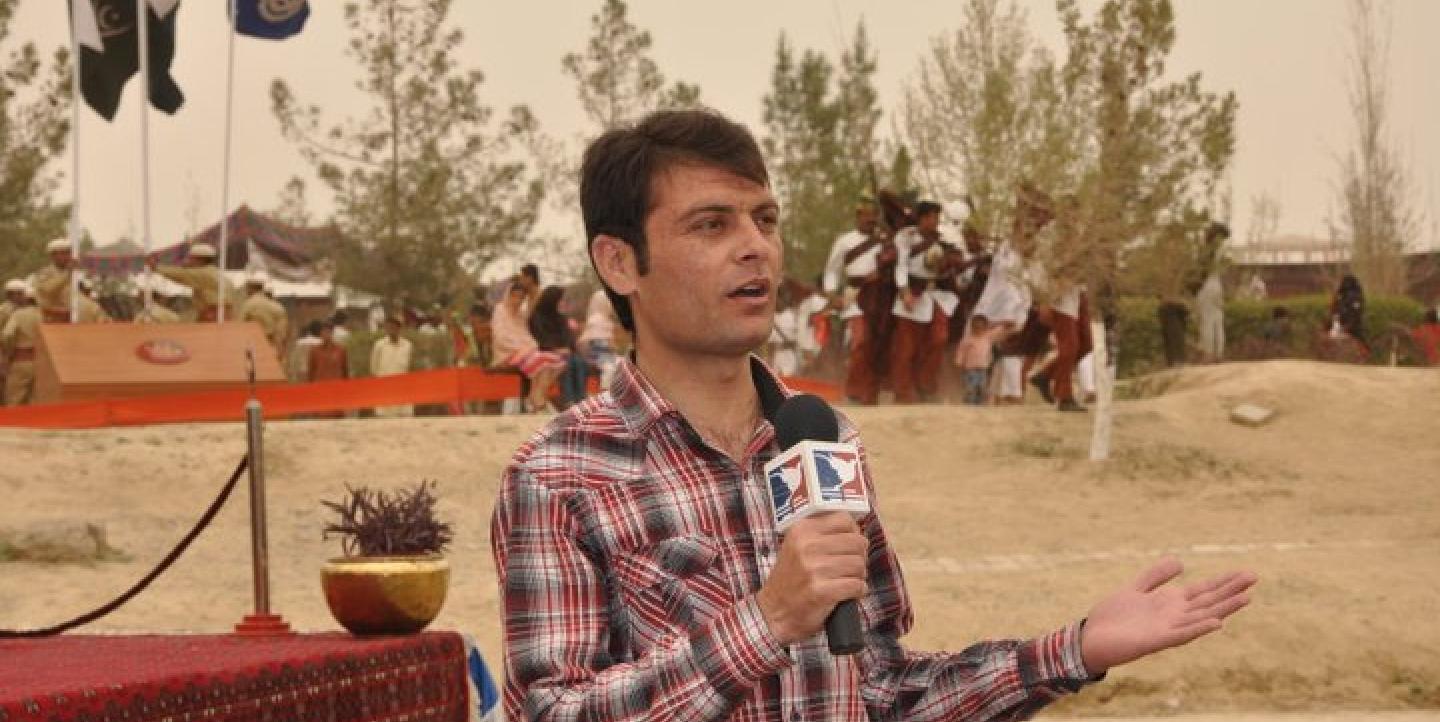Each month, IJNet features an international journalist who exemplifies the profession and has used the site to further his or her career. If you would like to be featured, email a short bio and a paragraph about how you have used IJNet here.
This month we feature Muhammad Daud Khan, a news producer at Pakistan’s Capital TV, a 24-hour, satellite-based Urdu language channel. Previously, he was a radio reporter at FM 96 Radio Swat and Waziristan, part of the public relations arm of Pakistan’s military, known as Inter Services Public Relations.
During military operations in Swat and Waziristan, Khan reported on displacement and other humanitarian issues in the region. The International Committee of the Red Cross recognized Khan as Pakistan's best Pashto humanitarian radio reporter in 2011. Khan received his master's in journalism and mass communication from the University of Peshawar in 2009.
How has IJNet helped you?
I have been visiting the IJNet website since 2009, when I worked at the local community radio station FM 96, owned by Pakistan’s army. The station, available through satellite, radio transmitters and web-stream, is the only credible information portal for listeners in the region.
In 2011, I learned about the International Film Festival “Eserciti-e-Popoli” (Army and People) in Bracciano, Rome, from IJNet. Our office at the Inter Services Public Relations department filmed a documentary, The Glorious Resolve, about the army and the fight against terrorism. It won Jury special award.
In July 2011, IJNet announced the International Committee for the Red Cross (ICRC) awards for Pakistani print and digital journalists. I applied with a Pashto-language radio report. After a few months, ICRC selected me as Pakistan’s best humanitarian reporter. I received my award and a US$580 cash prize at the National Press Club in Islamabad, Pakistan. At that time I was the youngest journalist to receive this prestigious award.
Four years back I was just a local journalist working for regional radio and TV. Visiting IJNet regularly has allowed me to be part of the international media.
What are you especially proud of in your career?
I think the best story I’ve ever done, which always makes me feel proud, was for FM 96 Radio. It was a story about pregnant women who were internally displaced in Swat during the military campaign against the Taliban. More than 3 million people fled their homes and settled in IDP camps in different parts of Northwest Pakistan, where the temperatures reached 45ºC (113ºF). Some of the most vulnerable among them were pregnant women. A friend of mine working in the IDP camp informed me about the sensitive issue.
As a male reporter, it was a really tough assignment for me. But with the help of those in charge at the camp, plus an international humanitarian organization, I interviewed pregnant women, a female doctor and health department officials, and I completed my task. After the broadcast of my report, the government health department, international organizations and district hospitals gave first priority to pregnant IDP women.
I also covered girls' education in Pakistan’s tribal areas. In the last 20 years, these tribal areas, on the border with Afghanistan, have been badly hit by militancy and extremism. They are a safe haven for the Taliban, who are against girls' education. After Malala Yousafzai was hit by the Taliban in Mingora city in 2012, the Taliban spread leaflets and letters in different schools in which they clearly mentioned that girls' education was banned in the area, and that parents who sent their children into schools were responsible for the consequences.
By then I was with Capital TV. I went to the tribal areas and prepared a video report on girls' and boys' education. I filmed destroyed schools in the conflict zone and talked to girls [who] were receiving their education without a school building, sitting on the cold floor. Visiting and filming was not an easy task for me. A local journalist and some teachers supported me and arranged safe transportation for me in the conflict zone.
What advice would you give aspiring journalists?
Journalists are the eyes and ears of society. Study journalism theory and practice it to improve your community.
Image courtesy of Muhammad Daud Khan.

